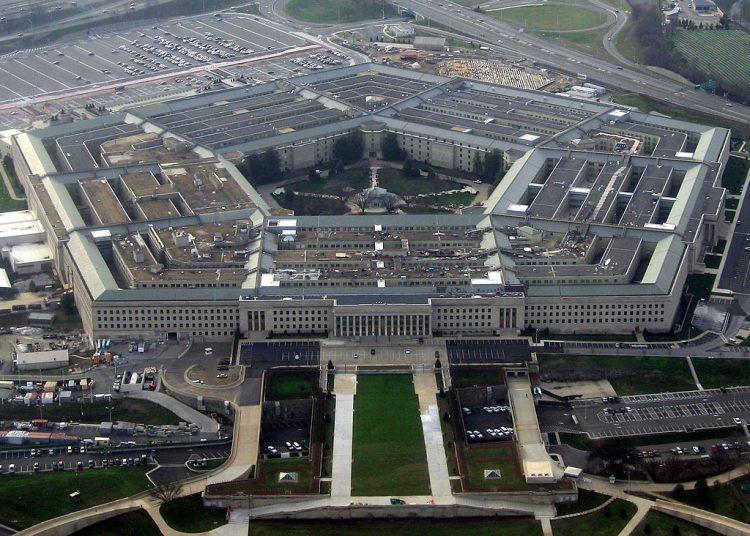WASHINGTON – The U.S. Department of Defense (DOD) recently fell prey to a multi-million dollar embezzlement scheme. U.S. Senator Chuck Grassley, R-Iowa, first alerted the Pentagon of the potential for abuse in 1998. On Friday, he called for accountability for what he says is the DOD’s deficient oversight of taxpayer dollars.
Grassley demanded an explanation from the U.S. Army and the DOD’s Defense Finance and Accounting Service (DFAS) after both failed to catch Janet Mello, a civilian financial program manager at Ft. Sam Houston in Texas, charged with embezzling over $100 million over several years allegedly shuttling the funds into a business disguised as a vendor serving military families.
Iowa’s senior U.S. senator said the Army lacked the proper internal controls to verify the movement and use of the funds, he said mirrors the very same accounting issue Grassley brought to the DOD’s attention in a 1998 report.
“Allowing $103.3 million of precious taxpayer dollars to flow freely into Mello’s personal coffers does not qualify as a ‘slipup.’ It’s an unacceptable breach of internal controls and watchful oversight,” Grassley wrote to the Army. “Those responsible should be held accountable. With internal controls that are weak or non-existent, it’s incumbent on every manager and overseer to be vigilant and watch for warning signs or irregularities. From my perspective, the magnitude of payments to Mello’s fake company sticks out like a sore thumb.”
“What we are wrestling with here are the results of an age-old Pentagon dilemma – weak or non-existent controls,” he continued. “Without a modern, fully integrated accounting system that can capture and track every transaction as it occurs, internal controls have to be practiced the hard way – manually.”
All federal agencies have been required since 1990 to conduct annual audits, yet the DOD is the only agency that has failed to pass a single one. Grassley’s bipartisan Audit the Pentagon Act, introduced in June, would require the DOD to pass a full, independent audit and direct any DOD component that fails to complete a clean audit to return one percent of its budget to the U.S .Treasury.















